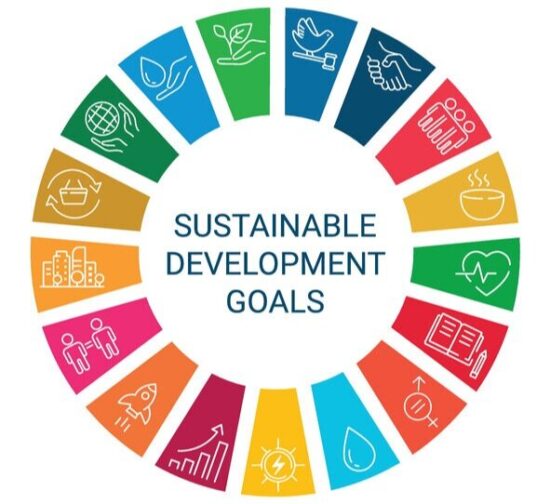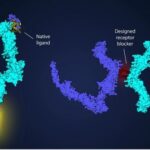The President of Arizona State University, Michael Crow, thinks so and told a University and Silicon Valley summit just that. The quote from his speech that I feel is worth sharing goes like this when he talks about higher education:
“We decided to create a hierarchy of knowledge that says that physics is more important than chemistry and chemistry is more important than biology and biology is certainly more important than ecology and all of that is wildly more important than the idiots who are in the social sciences…We have put ourselves in this situation where we have been stupefied by ourselves. We did not understand how to intellectually design a teaching, learning and discovery organization capable of actually keeping us from killing ourselves. It is unbelievable.”
The summit’s focus was on SDG which stands for Sustainable Development Goals. The United Nations lists 17 on its Department of Economic and Social Affairs website. This goes far beyond Maslow’s Hierarchy of Needs as you can see from the list that follows:
- Eliminate poverty everywhere.
- Address food insecurity and eliminate hunger.
- Provide health and well-being for all ages.
- Ensure inclusivity and quality education for all including promoting lifelong learning.
- Treat genders equally and empower women and girls.
- Provide sustainable clean water and sanitation for all.
- Ensure access to affordable, reliable, and sustainable energy.
- Provide for sustainable economic growth and decent work for all.
- Build resilient infrastructure and foster innovation and sustainable industries.
- Reduce the inequality gap within and among countries.
- Make human settlements more resilient, safe and sustainable.
- Ensure that consumption and production are both responsible and sustainable.
- Take immediate action to combat climate change and build adaptive climate resilience.
- Conserve the oceans and marine resources through sustainable development.
- Promote, restore, and protect terrestrial ecosystems.
- Promote peace, justice, inclusivity and sustainable development at all levels everywhere.
- Strengthen global partnerships to implement sustainability.
Crow believes in transdisciplinary education. What is that? It involves an educational strategy that crosses discipline boundaries to create a holistic learning approach.
Over his entire academic career, Crow has been at the forefront of redesigning university curricula. This includes a ten-year stint at Columbia University in New York where he designed the Earth Institute. At Arizona State, he has created 25 transdisciplinary schools including the School of Earth and Space Exploration, the School for the Future of Innovation in Society and the School of Human Evolution and Social Change.
In his speech, he said, “we are moving at speeds slower than the transformation of the planet,” and pointedly criticized chemistry programs that experiment with developing and synthesizing molecules that today endanger the environment and produce cancer in humans.
He notes that ecologists champion behavioural change which to the “scientific elites” sounds more like a social science than a hard one. And that’s the problem in current universities where hard sciences like physics and chemistry attract research money ahead of other disciplines and determine where a school ranks in the hierarchy of upper educational attainment.
Can universities rethink curricula to meet SDG criteria? A number are making the attempt. One of them is Simon Fraser University (SFU) in Burnaby, British Columbia. Many years ago I visited that campus which sits on top of a mountain overlooking the City of Vancouver. It seems like a good place to profess SDG ideals.
SFU has a 2025 SDG plan to “embed climate action throughout” its operations, research, academics, and community engagement. States Joy Johnson, SFU’s President and Vice-Chancellor, “We are at a critical time where we need to come together—on a global scale—to inspire climate action and make a positive impact…Though much has been accomplished within climate action, there is much more that can be done…The climate crisis is an intersectional issue, and meaningful action requires input and involvement from stakeholders.”
The university has a strategic research plan involving 45 centres working on achieving SDGs. From 2016 to 2021, more than 1,700 research grants were awarded to researchers working on SDG goals. And Close to 1,700 Master’s and Ph.D. theses were published by SFU students focused on SDG issues.
What Michael Crow at Arizona State wants to see is universities providing SDG leadership and working with politicians, journalists, parents, students, employers and job-seekers to pursue building environmental resilience and a sustainable future. He believes this will require most of us to rethink what is important to learning in the 21st century.









